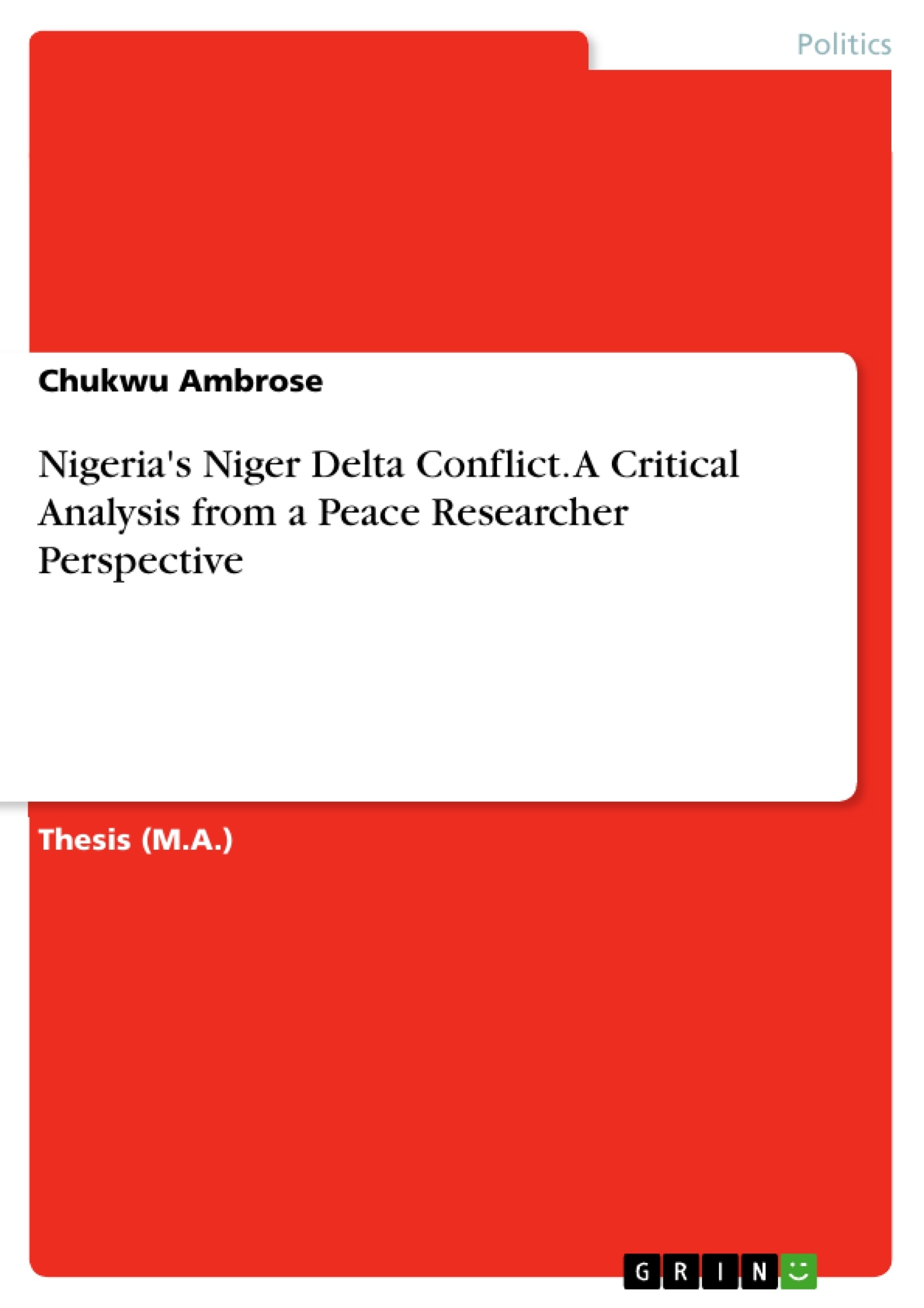Thinking about security and safety evokes many memories about my family and the past. Growing up was bearable as long as I had my siblings and other family members around, despite having an almost-absent father. My father was always busy and we did not bother to ask why he spent most time away from home. As a child, I had little understanding of the insecurity that reined in the village and across the entire region. However, while growing up, I was exposed to many dangers that any other young person would never want to face in their life.
From my personal perspective, the issue of insecurity has multiple dimensions. Many people would think about massive bloodshed and conflicts when the issue is mentioned. However, this does not reflect the entire story about insecurity. Insecurity could also include lack of appropriate shelter and food, human right abuses during times of violence, and inaccessibility of shelter. I have experienced all those dimensions of insecurity while growing. Safety and insecurity have an intrinsic connection; hence, the absence of safety contributes to insecurity.
Inhaltsverzeichnis (Table of Contents)
- Introduction
- Literature Review
- The Niger Delta Conflict: An Overview
- A Theoretical Framework for the Study
- Peacebuilding and Conflict Transformation in the Niger Delta
- Methodology
- Critical Discourse Analysis (CDA)
- Data Collection and Analysis
- Ethical Considerations
- Findings and Discussion
- Discourses of Violence and Conflict
- Discourses of Peace and Reconciliation
- Discourses of Development and Justice
- Conclusion
Zielsetzung und Themenschwerpunkte (Objectives and Key Themes)
This master's thesis aims to explore the multifaceted Niger Delta conflict in Nigeria through the lens of critical discourse analysis. By analyzing key narratives and discourses surrounding the conflict, the study seeks to understand how language shapes perceptions, influences actions, and contributes to the ongoing violence and instability in the region. The research investigates the power dynamics at play and sheds light on the various actors involved, including government agencies, oil companies, local communities, and armed groups.
- The historical context and root causes of the Niger Delta conflict.
- The role of discourse in shaping perceptions and influencing actions.
- The interplay between power, identity, and conflict in the Niger Delta.
- The potential for peacebuilding and conflict transformation through critical discourse analysis.
- The implications of the findings for policy and practice in the Niger Delta.
Zusammenfassung der Kapitel (Chapter Summaries)
The introduction provides a comprehensive overview of the Niger Delta conflict, outlining its historical roots, key actors, and major issues. It establishes the relevance of this research and its potential contribution to understanding and addressing the conflict. The literature review explores existing scholarship on the Niger Delta conflict, focusing on theoretical frameworks, previous studies, and relevant concepts from peace and conflict studies. The methodology chapter details the approach used in this research, outlining the principles of critical discourse analysis and the specific methods employed for data collection and analysis.
The findings and discussion chapter presents the analysis of key narratives and discourses surrounding the Niger Delta conflict. It examines how language shapes perceptions, influences actions, and contributes to the ongoing violence and instability in the region. This chapter also explores the power dynamics at play and the different perspectives of various stakeholders involved in the conflict.
Schlüsselwörter (Keywords)
The key terms and concepts explored in this thesis include the Niger Delta conflict, critical discourse analysis, power, identity, narrative, violence, peacebuilding, conflict transformation, development, justice, and oil resources.
- Citar trabajo
- BA, MA Chukwu Ambrose (Autor), 2018, Nigeria's Niger Delta Conflict. A Critical Analysis from a Peace Researcher Perspective, Múnich, GRIN Verlag, https://www.grin.com/document/462311



